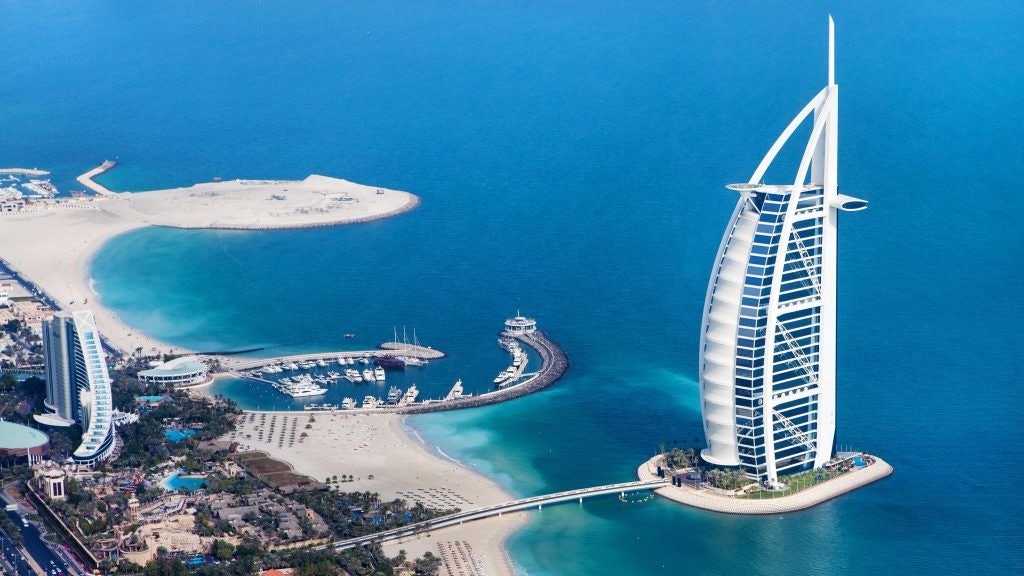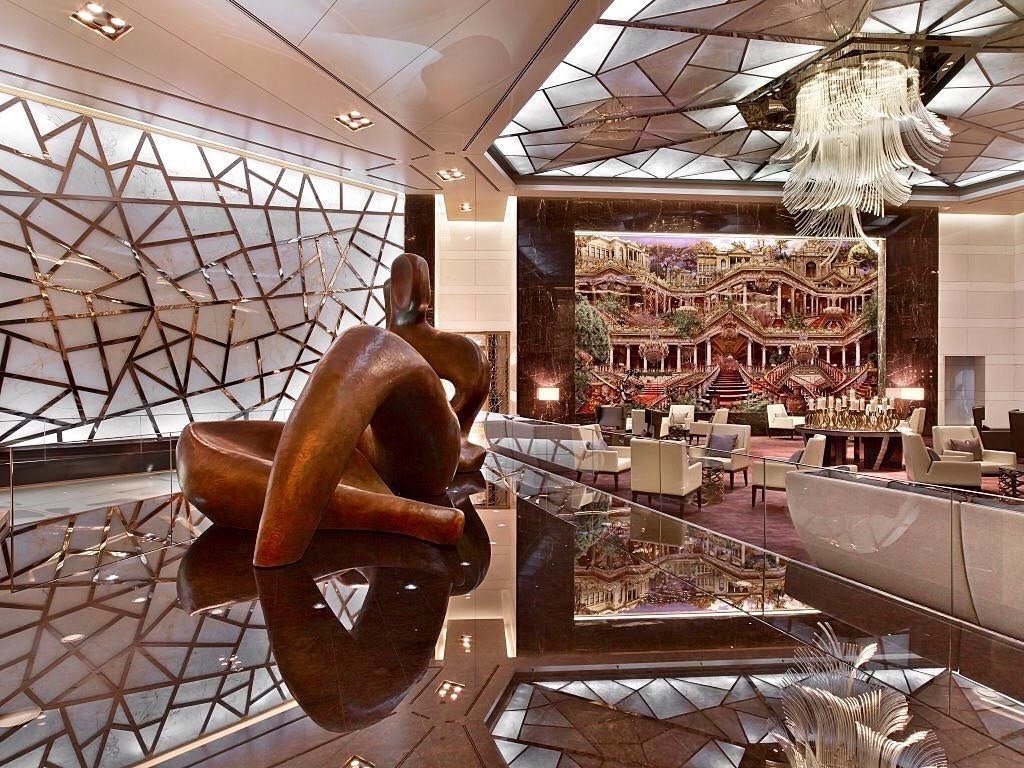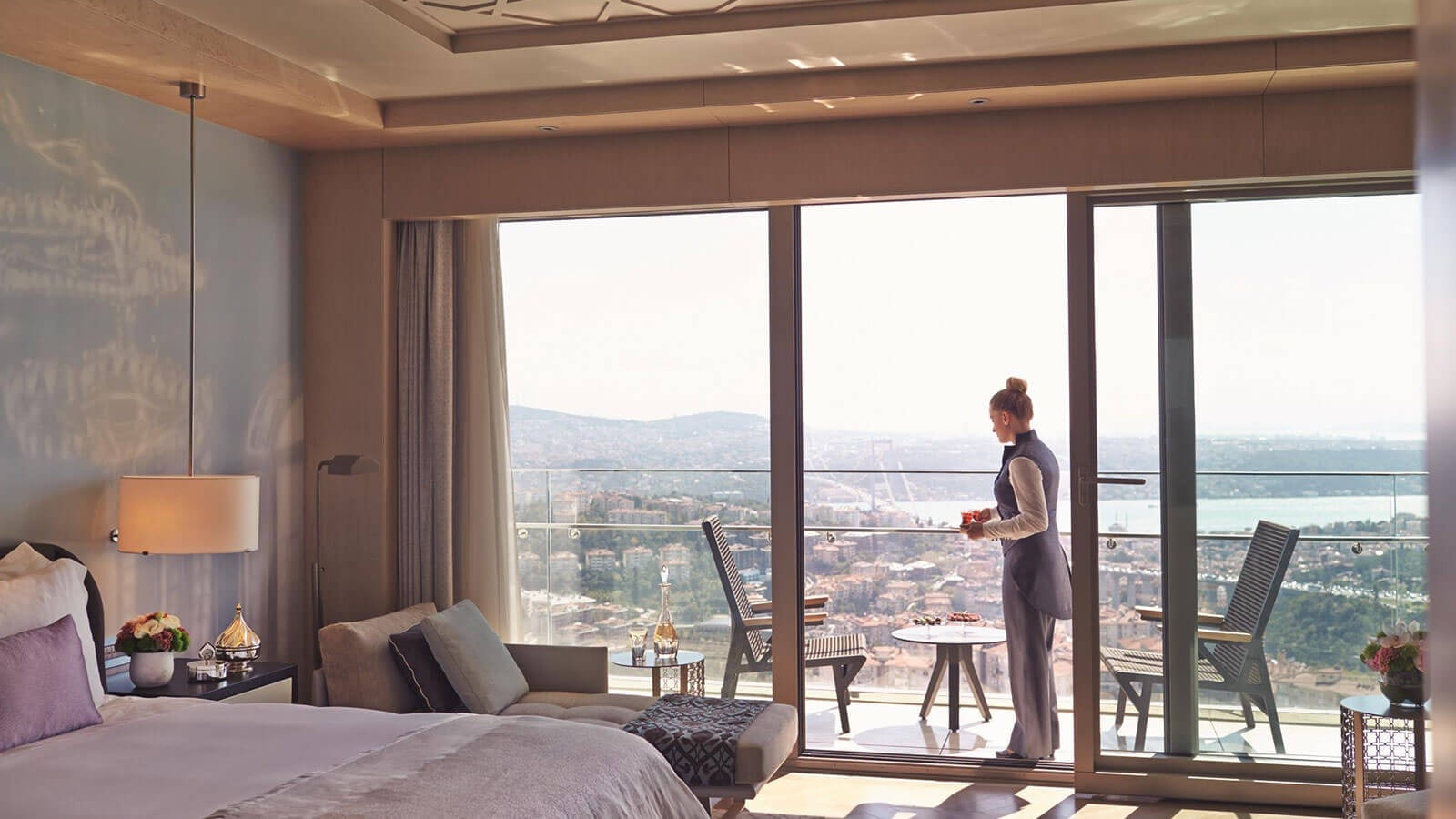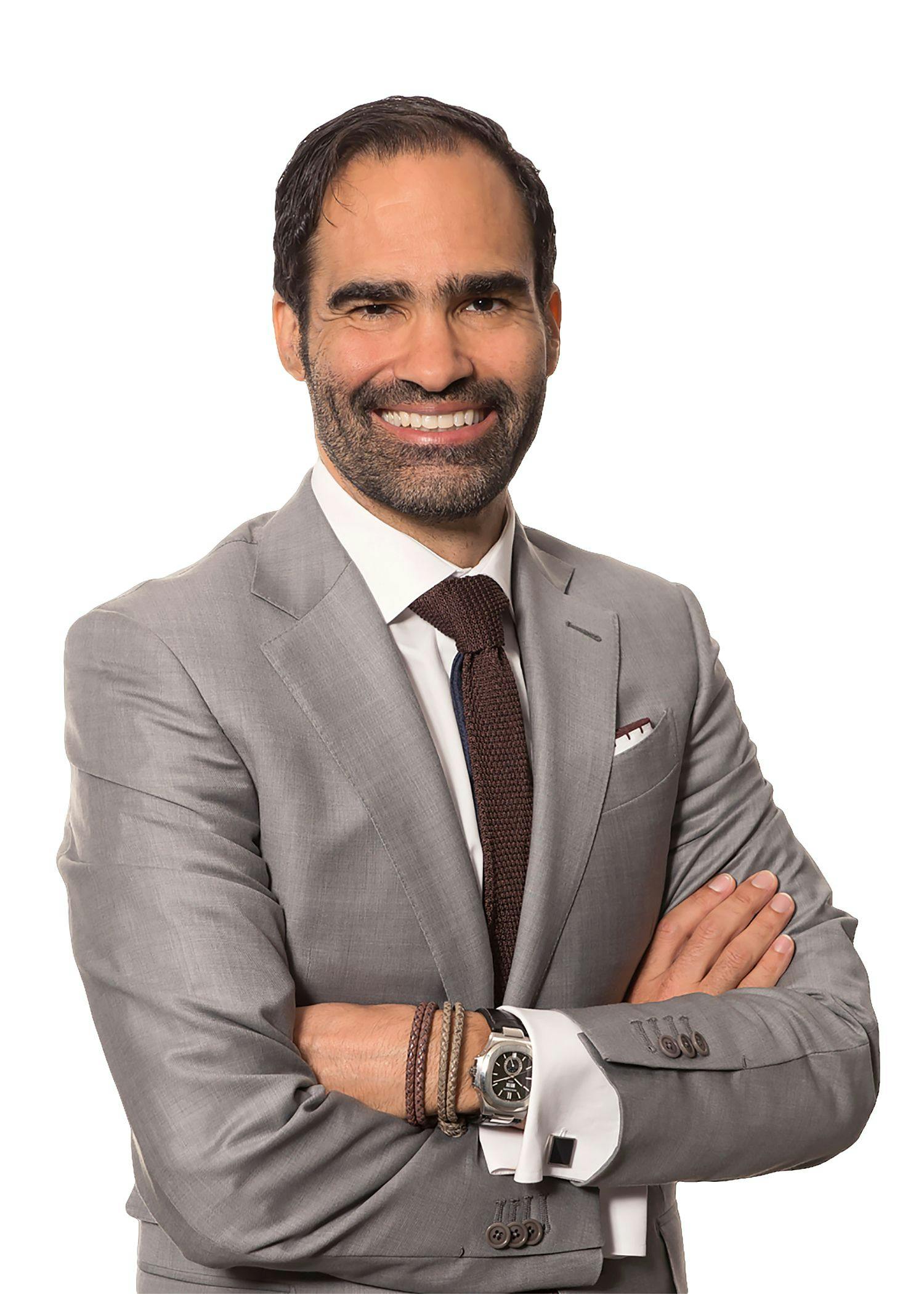In my role I travel in an extreme fashion: it’s not uncommon to spend 100 or more nights a year in hotels all over the world. This gives me a deep insight into the hospitality world from the perspective of a client and user of hospitality services. My trips are usually brief, often two to three days at one location, and I typically stay in some of the seemingly best hotels in the world.
I have written many times about my observations, and have advocated for many years that the hospitality industry needs to shake things up — and create experiences that are not just priced confidently but actually deliver a mind-blowing state beyond reality every single time. Traditionally, luxury was defined in many hotels by the star system that established a set of standards that a property needed to provide to be rated 5-star. When the Burj-al-Arab hotel in Dubai opened, it was the first hotel to defy that standard — with one journalist even giving it the rating of seven stars after feeling like the standard five didn't do it justice.

The star system has one fundamental flaw: it ignores the customer as it’s mainly a description of the real estate, amenities, number and nature of services offered, etc. What the system does not measure precisely is what level of service is delivered and how differentiated it is from other service experiences. And here many of the traditional luxury hospitality brands have been somewhat complacent or at least inconsistent over recent years. Adding to the inconsistency is the fact that most properties are not owned by the brand but operated under standards and guidelines. This often increases the difference between the service of properties from the same brand. The dilemma: as a guest of a specific hotel brand, one often does not know upfront what to expect.
In an article for the South China Morning Post, I summarized my personal observations in an article headlined: “I stayed in 50 hotels in 2019 and don’t remember any of them — why high-end restaurants and luxury resorts need to learn the art of storytelling to survive.” My key arguments were that “even the most gorgeous hotels in the world’s most glamorous locations will fail to make an impression if they don’t create magic for their guests. In a world where luxury has become a byword for consistency, the hospitality industry needs to do more to wow clients and win them over through storytelling.”
Storytelling is one of the most underestimated necessities in the luxury world. My research shows that, indeed, the story is the number one value driver in creating the extreme value that makes a brand experience luxurious. What a guest feels must follow a script, a story, otherwise the experience is random. And if the experience is undifferentiated, then brands don’t create a memory, let alone magic. And without a memory, there is no distinct value. Especially in hospitality, where it’s so difficult, yet critical, to provide a branded experience across locations, the brand storytelling is the connecting tissue.
Hence, to create the magic of luxury, a brand needs to have full clarity of its story: what is the rational product the brand delivers? Why is the emotional payout different to any other brand? In our brand audits we find that many brands are able to express their rational core to a certain extent (albeit not always in a differentiating way), but most struggle to describe clearly what the target emotion is they want their clients to feel. And without emotion there is no luxury. And, in fact, when we evaluate service experiences across industries, clients can seldomly tell what the precise branded distinction of the experience they have just had is.
Given these observations, I was more than impressed by a recent stay at Raffles in Istanbul, which I visited to hold a luxury masterclass and several meetings. It was an experience that not only defied every expectation, but actually set a new standard against which every future hotel stay will be measured.
The experience started at the aircraft door upon arrival at Istanbul’s international airport. I was greeted by hotel staff and chauffeured in an electric cart through the airport to diplomatic immigration, cutting the time to get through the airport to less than five minutes despite crowds of people. At the baggage claim another cart was waiting to pick up my luggage. Of the more than 200 flights I have per year, this was the most extraordinary airport service ever, all organized by the hotel.
Upon arrival at the Raffles, I was greeted with flowers. A personal butler accompanied me to the suite, which was nothing less than stunning, making practically any hotel suite I have ever seen before feel irrelevant. The bathroom was decorated with petals and balloons as a welcome surprise, and there was a handwritten note from the butler to explain the hammam ritual that had been prepared for me.
The entire stay was exceptional in every aspect and every interaction. Several times a day snacks were delivered or refilled. Everyone greeted me by name wherever I was in the hotel and — for example — at breakfast, the restaurant manager came personally to suggest some local foods that I should try and personally prepared the Turkish coffee according to an ancient ritual. The highlight was a dinner invitation I got from the general manager of the hotel, Andrew Steele, who took me to a restaurant at the Bosporus that I visited some 20 years ago, of which I had forgotten the name but of which I vaguely remembered the location.

This shows that while location, real estate, and interior architecture are important in luxury hospitality, the real magic happens in the personal attention to detail by all the staff members: in their doing all the small things that make every moment exceptional. What Raffles does is beyond anything ordinary, from the personal butler during the stay to delights and surprises at almost every moment. Everything was intentional. This is what luxury is really about, creating memories and changing people by confronting them with the extraordinary.
When I shared my experience with Stephen Alden, the CEO of Raffles and Orient Express, his response was: “Daniel, what a pleasure to read your comments and observations. It is what a Raffles team strives to achieve, and it is valuable to know that notwithstanding your constant travel and experiences there are still moments that move you, the way you describe. I am sure that your words will be most appreciated by the team of hoteliers at Raffles Istanbul that make it happen each and every day. ‘Arrive as a guest, stay as a friend, and return as family.’”
The mind-blowing experience at Raffles is a showcase for how critical it is for any luxury brand to have full clarity of purpose, have their story’s script defined in every detail, and select, train, and empower the staff in a way that means the distinctive brand story can be felt in all interactions. The question any luxury brand should ask is: how can we surprise and delight even our most discerning clients who are used to some of the best brands and experiences in the world. It requires radical client-centricity and a humble yet thorough approach that translates the brand story into memorable and magical experiences.
This is an op-ed article that reflects the views of the author and does not necessarily represent the views of Jing Daily.
Named one of the “Global Top Five Luxury Key Opinion Leaders to Watch,” Daniel Langer is the CEO of the luxury, lifestyle and consumer brand strategy firm Équité, and the executive professor of luxury strategy and pricing at Pepperdine University in Malibu, California. He consults many of the leading luxury brands in the world, is the author of several best-selling luxury management books, a global keynote speaker, and holds luxury masterclasses on the future of luxury, disruption, and the luxury metaverse in Europe, the USA, and Asia. Follow @drlanger


